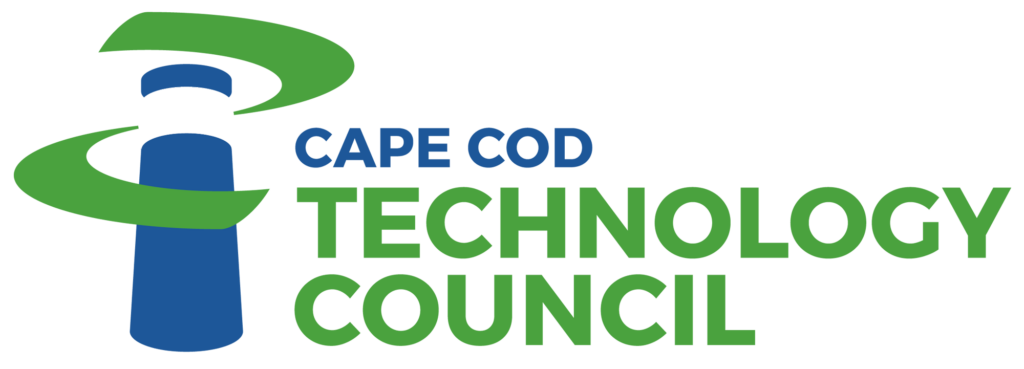At its July meeting the Infrastructure Committee voted to recommend to the Tech Council Board that we send a letter in support of keeping the NOAA facility in Woods Hole, rather than moving it to New Bedford as suggested by Senator Kennedy. The board authorized the request and a letter of support was sent to Congressman Keating’s office, with a copy to Senator Kennedy’s office.
The Board also approved sending a letter to the Bureau of Ocean Management in support of Vineyard Wind. Since that meeting Cape Light Compact asked if we would send a letter of support for the Cape and Vineyard Electrification offering, which the board also authorized.
The Cape and Vineyard Electrification offering is the Cape Light Compact proposal to package three energy efficiency and renewable energy technologies — solar PV, heat pumps and battery storage — and to deploy these as a package to low and moderate-income customers across Cape Cod and Martha’s Vineyard. Cape Light Compact specifically wishes to reach those customers who are heating with oil, propane or electric baseboard heat (the least efficient ways of heating a home). The Department of Public Utilities has begun reviewing the proposal. Cape Light Compact hopes it will be approved in time to be implemented early next year.
Cape Light Compact anticipates serving up to 250 low and moderate-income homes across Cape Cod and Martha’s Vineyard. Income level is defined by the state, at 60% (low) or 80% (moderate) of median income.
An Infrastructure Committee member asked about a company called EnergySage — an online Marketplace for residential and Commercial customers to connect to solar installers in the area. The site allows customers to evaluate different proposals. While they may not include all local installers, it is a good resource for general information.
Another committee member asked about the demand response program run through the Energy Efficiency Mass Save programs. Cape Light Compact was not able to implement the program this year but will be starting in 2021. They expect robust participation once the program is up and running.
The IT bond bill, with $1.7 million allocated for connectivity on the Cape, has passed the House and the Senate, and has been signed into law by the Governor. OpenCape Corporation is now requesting that the Governor release the money and requested that the Tech Council write a letter in support of releasing those funds. $1.3 million of the bond bill is to be used on the Outer Cape.
There is a great need for increased connectivity on the Cape, particularly for health services, students and teachers working currently online, and others who have transitioned to working from home.
The situation is similar to the Economic Development bill that the Governor never released funds on, but a significantly larger amount of money.
The Committee agreed unanimously to recommend to the Board that we send a letter of support to Governor Baker. Members are also interested in sending their own letters urging Governor Baker to release the funds.
The Committee discussed assembling a list of Wi-Fi hotspots for use in the meantime. Traditionally, people could work at coffee shops or libraries but there are more restrictions now. The Committee felt it would be very useful to students on the Cape to have a consolidated list of hotspots. It may also be useful to have a how-to piece to guide parents and others on connecting to public Wi-Fi safely. Several members offered to work on compiling a list. One list available now is at capecodguide.com.
